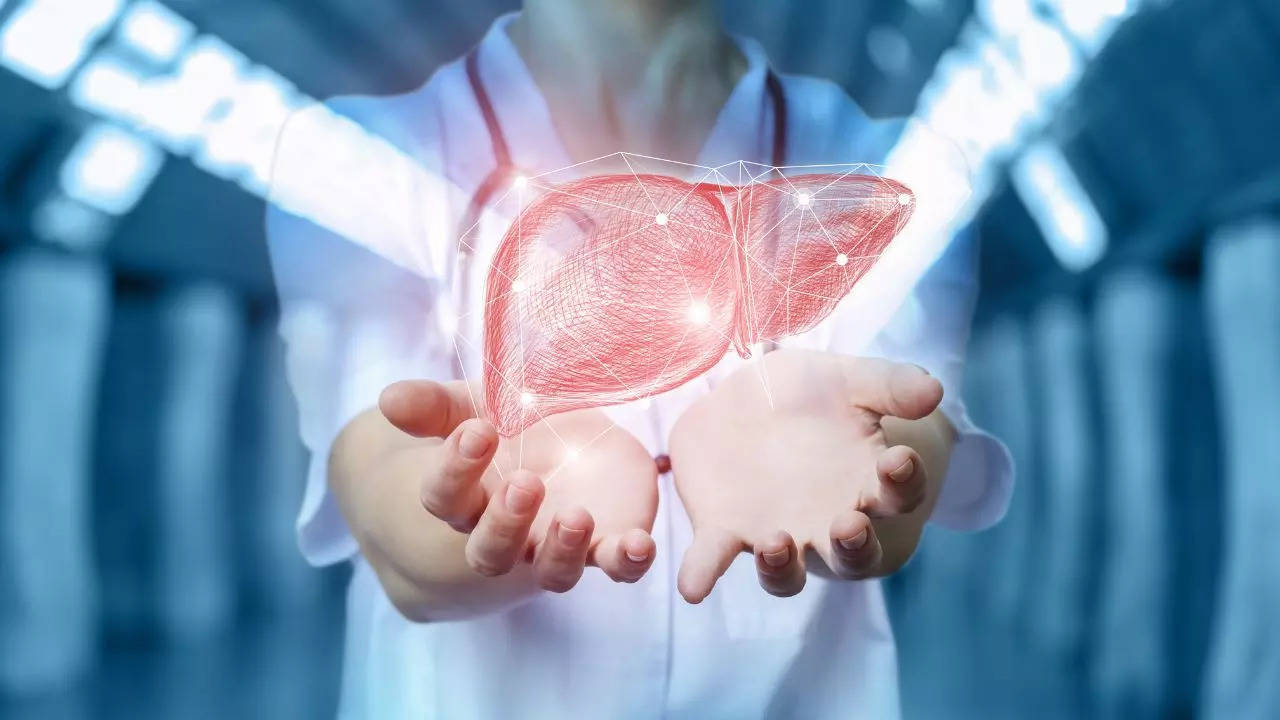
FATTY LIVER TREATMENT: LIFESTYLE CHANGES TO MAKE TO REVERSE THE CONDITION
Fatty liver disease is a condition wherein you have fat deposits in your liver. Over time, fatty liver disease can impact the functioning of your liver. If it is not treated, it can reach advanced stages which can cause liver failure. There are two different types of fatty liver disease; alcoholic fatty liver disease and non-alcoholic fatty liver disease.
In alcoholic fatty liver disease, the fat deposition happens due to excessive alcoholic consumption. On the other hand, in non-alcoholic fatty liver disease (NAFLD), the fat deposition happens due to consuming foods that are high in saturated fats, trans fats and others. If you have fatty liver disease, it is important that you take necessary steps that can help prevent the disease from reaching advanced stages where it can turn to liver cirrhosis or liver cancer, both of which can be fatal.
To manage and reverse non-alcoholic fatty liver disease, you can make certain lifestyle changes which can help in reversing the condition. Here, take a look at them.
Adopt a Healthy Diet
Your diet plays an important role in managing and reversing fatty liver disease. Try and consume a plant-based diet that includes a variety of fruits, vegetables, whole grains and healthy fats. Foods rich in omega-3 fatty acids, like fish, nuts and seeds, are beneficial as they help to reduce the fats in your liver. Also, reduce the consumption of saturated fats, refined carbohydrates and sugars. All of these lead to fat accumulation in the liver.Increased Physical Activity
Regular exercise is another important part of reversing fatty liver disease. It helps to burn the fats that are stored in the liver and thereby, reduce liver fat. You should aim for at least 150 minutes of moderate-intensity exercise every week, such as brisk walking, swimming or cycling. You can also do strength training exercises as they help to increase your muscle mass. This helps to boost your metabolism and helps reduce liver fat.Maintain a Healthy Weight
Weight loss is highly beneficial in reducing liver fat. A 3% to 5% reduction in body weight can help to reduce liver fats. However, losing 7% to 10% of body weight can significantly reduce liver inflammation and damage. Make sure that your weight loss is gradual through a balanced diet and regular exercise. You should not lose weight abruptly as it might do more harm than good.Limit Alcohol Consumption
Reducing alcohol intake is very important for both types of fatty liver disease. Even if alcohol isn’t the cause of the fatty liver, it can aggravate the liver condition. People with NAFLD are advised to minimise or avoid alcohol as even moderate consumption can create added stress for the liver and eventually affect the organ.Monitor Your Risk Factors
Fatty liver is often associated with other conditions such as diabetes, obesity, and high cholesterol and therefore, it is important that you manage these conditions. Make sure to undergo regular check-ups to monitor blood sugar levels, lipid profiles and blood pressure. When these factors are better managed, it is easier to reverse fatty liver disease.Reversing fatty liver involves an inclusive approach which focuses on diet, exercise, weight management, alcohol moderation and overall health. These changes not only help in reducing liver fat but also helps improve overall health and reduce the risk of developing other chronic diseases.
2024-04-24T05:51:41Z dg43tfdfdgfd